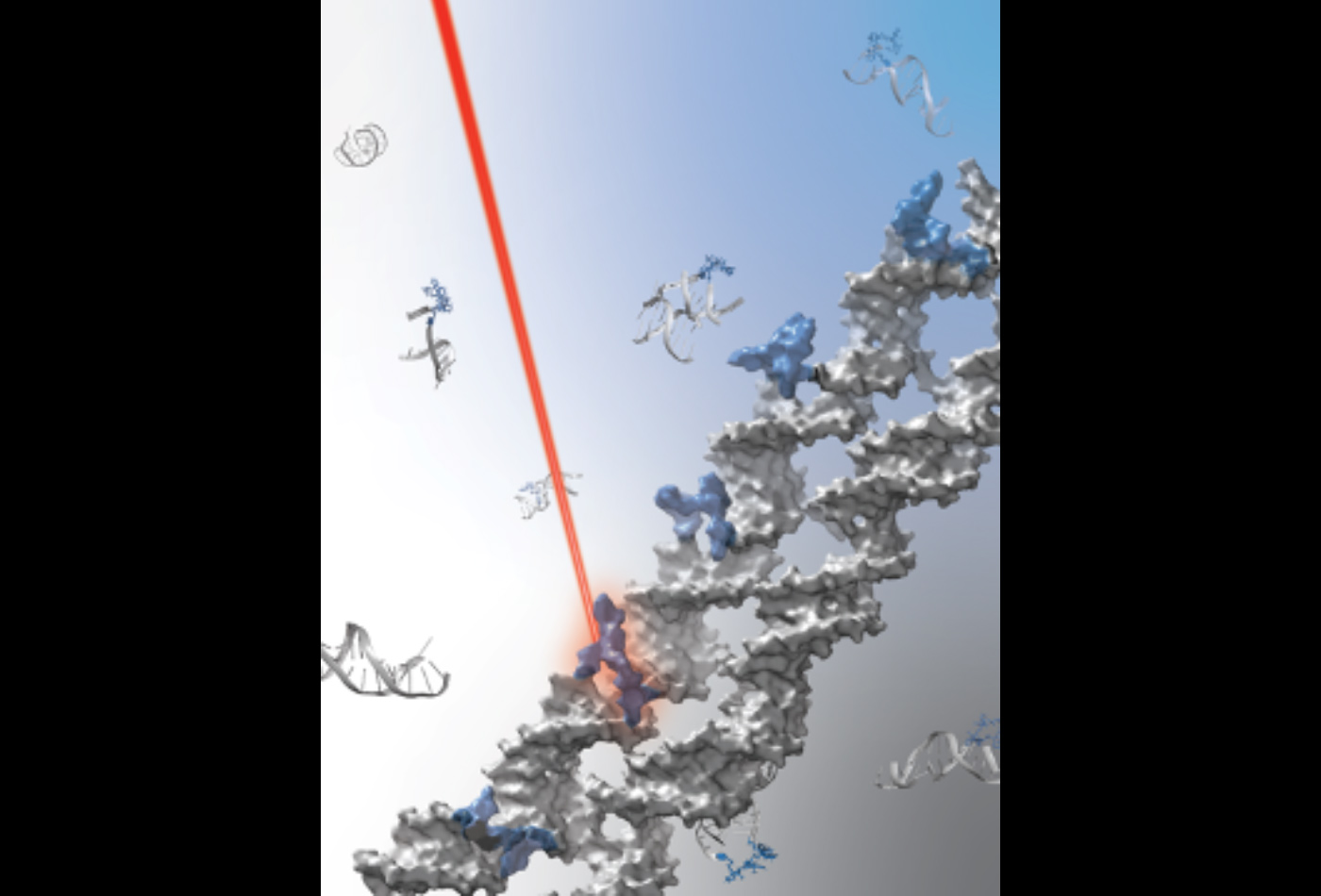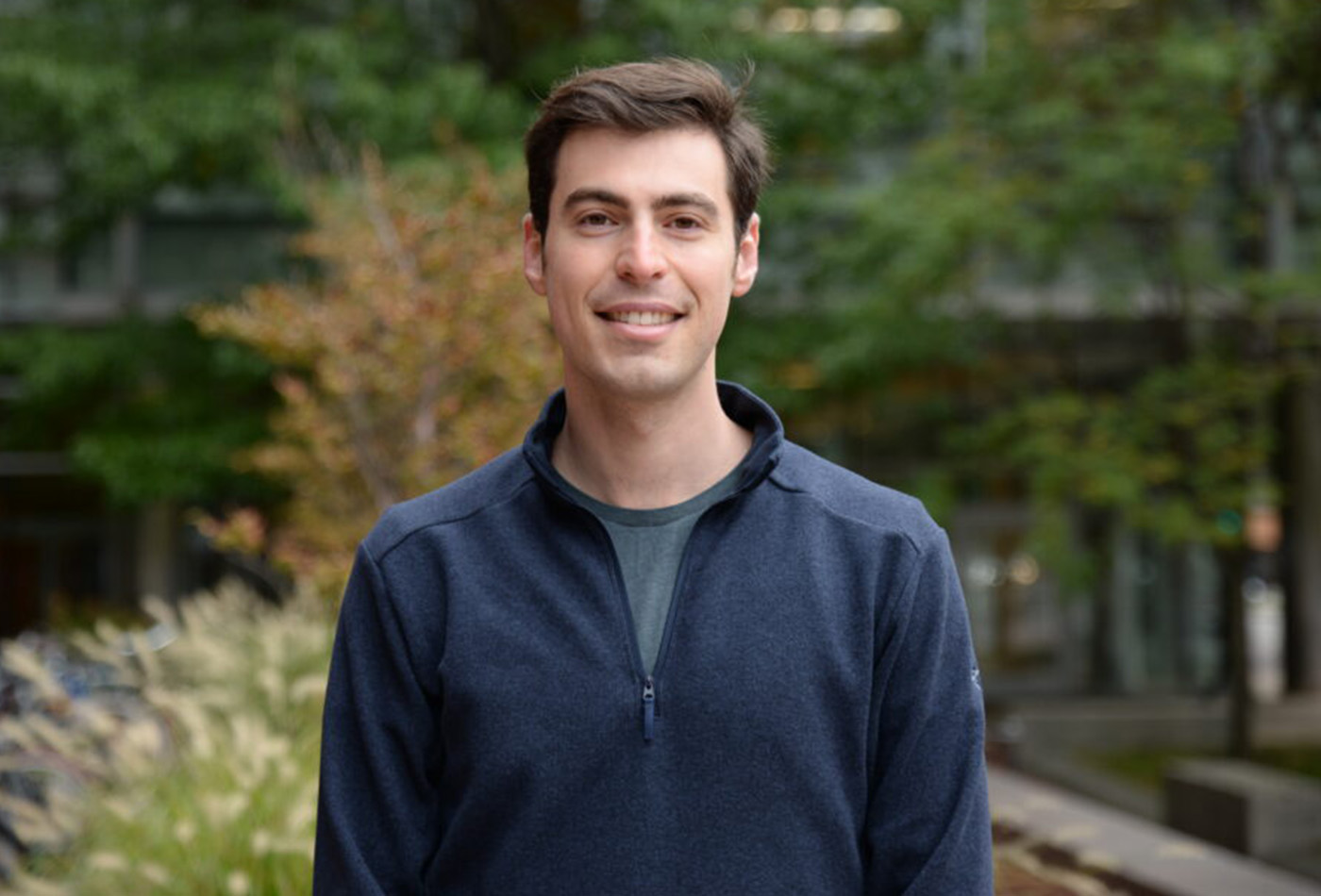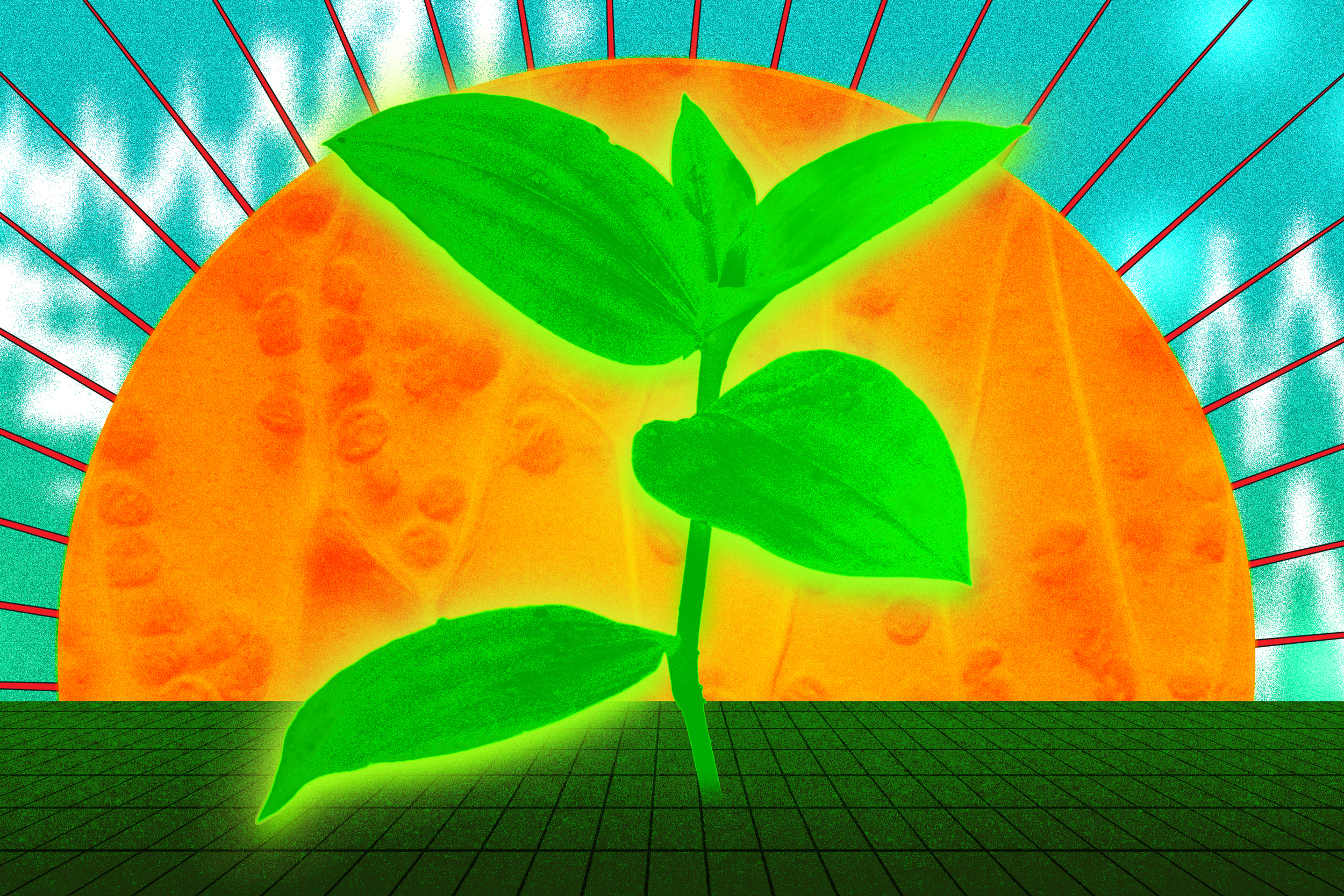Schlau-Cohen and Willard collaboration published in Chem
The paper, “Engineering couplings for exciton transport using synthetic DNA scaffolds", was published on January 14, 2021.
A paper authored by Stephanie M. Hart, Wei Jia Chen, James L. Banal, William P. Bricker, Amro Dodin, Larysa Markova, Yuliia Vyborna, Adam P. Willard, Robert Haner, Mark Bathe, and Gabriela S. Schlau-Cohen was published in Chem on January 14, 2021.
Engineering couplings for exciton transport using synthetic DNA scaffolds
Stephanie M. Hart, Wei Jia Chen, James L. Banal, William P. Bricker, Amro Dodin, Larysa Markova, Yuliia Vyborna, Adam P. Willard, Robert Haner, Mark Bathe, and Gabriela S. Schlau-Cohen
Excitons are the molecular scale currency of electronic energy. Control over excitons and their dynamics enables energy to be harnessed and directed for applications such as light harvesting and molecular electronics. The properties of the excitonic systems depend on intermolecular electrodynamic interactions within the material. In natural light harvesting these interactions are controlled through the precision of protein machinery, which is challenging to replicate synthetically. In this work, the researchers design, build, and characterize synthetic excitonic systems comprised of multiple chromophores scaffolded within DNA. By leveraging the nanoscale structural precision of DNA, they control multiple intermolecular interactions, and demonstrate the ability of these interactions to enhance the efficiency of exciton transport.
Research in the Schlau-Cohen group is inherently multidisciplinary and combines tools from chemistry, optics, biology, and microscopy to develop new approaches to probe dynamics.
The Willard Group uses theory and simulation to explore the role of molecular fluctuation in a variety of chemical phenomena.





